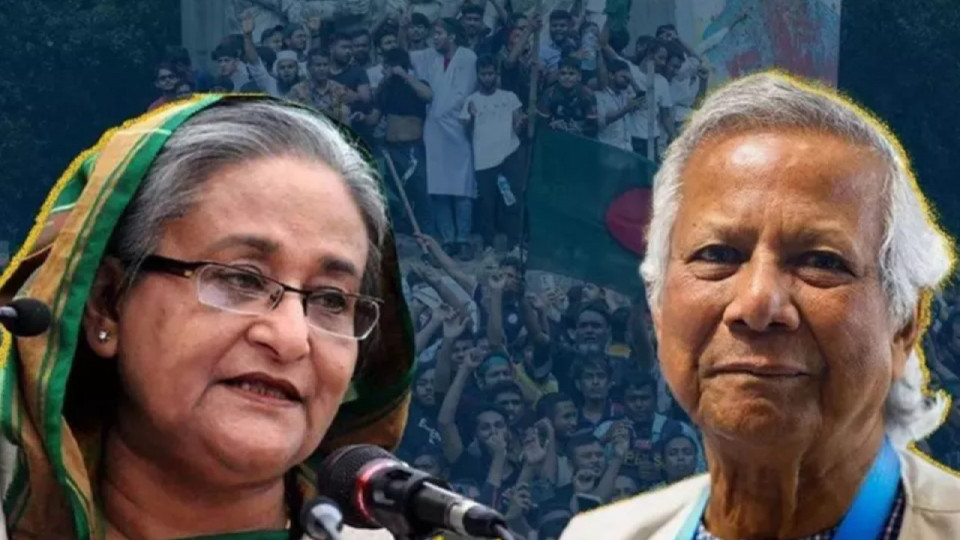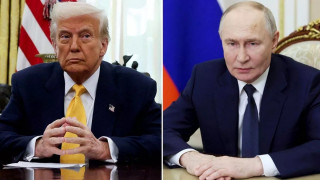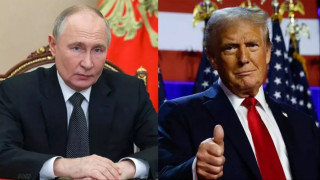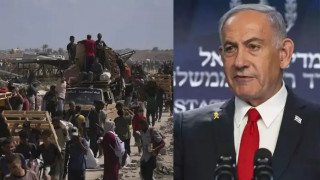
Bangladesh crisis (Social media)
International News: Exactly one year ago today, massive student protests brought down the government of Prime Minister Sheikh Hasina in Bangladesh. But instead of peace and reform, the country continues to suffer from deep political instability, growing violence, and a fractured democracy.
Since her ouster on August 5, 2024, Hasina has remained in India, away from the public eye. In her absence, Nobel laureate Muhammad Yunus has taken charge of a transitional government. While his leadership initially raised hopes for democratic revival, the ground reality tells a different story.
Over the past year, targeted attacks on Hasina’s Awami League supporters and the Hindu minority have raised concerns across human rights circles. Several reports suggest that hardline elements have found space to thrive under the current regime, further worsening communal tensions.
Observers say that instead of steering the country toward inclusivity, the interim government has allowed selective repression to continue. The promised vision of fair governance remains largely unfulfilled.
The student-led protests of 2024 had begun with demands for accountability, jobs, and a fair political system. However, the movement soon turned violent. Government buildings, police stations, and even the prime minister’s residence were attacked. In the clashes that followed, hundreds lost their lives.
One such protester, 20-year-old Abdul Rahman Tarif, lost both his sister and cousin during a demonstration. “We believed we were fighting for justice,” he recalls. “Now, it feels like we lost everything for nothing.”
In the wake of the uprising, the Yunus-led administration formed eleven committees to initiate reforms, including a National Consensus Commission. But a year on, these efforts have failed to produce any meaningful change. Rival political factions have not agreed on the structure for the next elections or power-sharing arrangements.
Meanwhile, the Awami League stands banned. Its leaders allege that over two dozen of their members have died in custody, with no investigations carried out.
The press, too, has suffered. According to the Delhi-based Rights & Risks Analysis Group, a total of 878 journalists faced harassment or threats in the past year. This marks a 230% increase compared to the previous year. Most of these cases involved intimidation, illegal detention, and online abuse.
A separate report from Transparency International Bangladesh found that the country witnessed 471 incidents of political violence in the last 12 months. These resulted in 121 deaths and over 5,000 injuries.
TIB’s analysis also noted that 92% of these violent incidents involved the opposition BNP, led by former PM Khaleda Zia. Jamaat-e-Islami was linked to 5%, while the newly formed National Citizen Party, which emerged from the student movement, was involved in just 1%.
Despite calls for dialogue, deep mistrust between parties has stalled every effort toward a peaceful resolution. Bangladesh today stands at a political crossroads, uncertain of what lies ahead.













Copyright © 2025 Top Indian News
